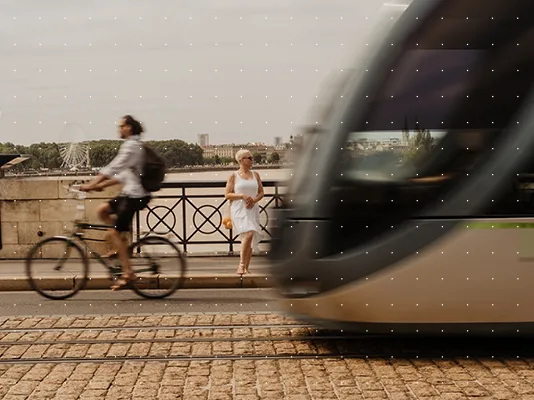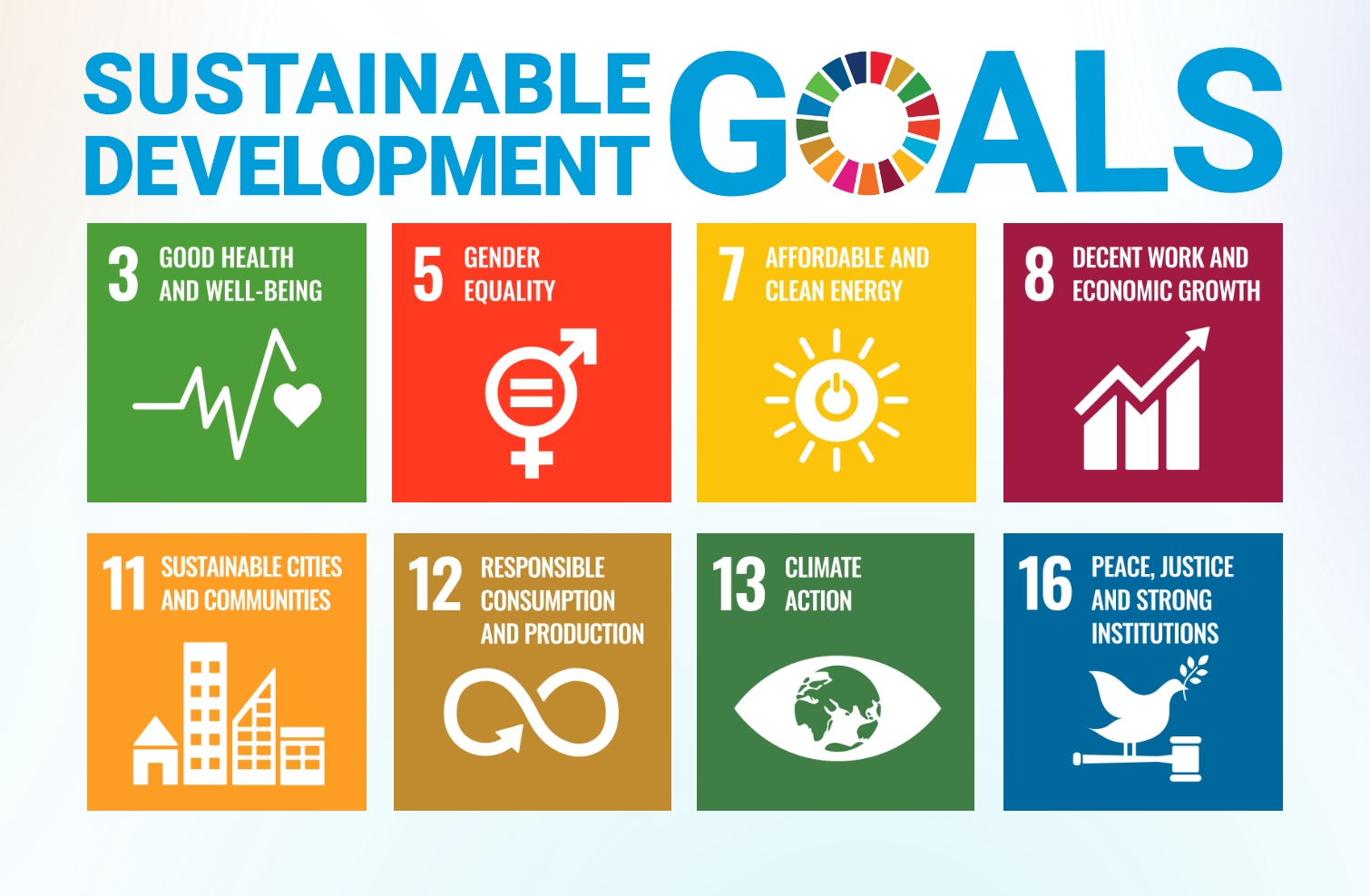How did 2024 go for Keolis?
We are very proud of our commercial success in 2024 in France, in particular the contracts in Lyon and Lille but also in Orleans, Besançon, Amiens, and an offensive win in Nîmes; and outside France, in London (the DLR metro) and Denmark (electric buses). In the Paris region, we continued our development, winning a third line (L18, after L16 and L17) out of the four future automatic metro lines making up Grand Paris Express. Outside the big cities, our regional transport services continued to bear fruit in several departments, including Charente-Maritime. The year was also marked by our exceptional mobilisation for Paris 2024, which was both an unparalleled logistical challenge and a huge source of pride for the Group. Behind all these accomplishments is the unstinting dedication of our people, to whom I extend my thanks and sincere gratitude. This passion and commitment to the profession were what we wished to highlight through a new employer brand campaign that reflects our values and ambition. Finally, EFFIA continues to grow by developing a high quality and increasingly digital service offering.
In 2024, Keolis took another step forward in its climate strategy…
Keolis set itself ambitious GHG reduction targets for 2030, which were endorsed by the Science Based Targets Initiative (SBTi), in particular a 42% drop in greenhouse gas emissions relating to traction energy. Our climate transition plan, drawn up in synergy with the ambitions of our public transport authorities (PTAs), is based on two levers – mitigating and adapting – and translates into tangible actions such as converting trains to electric in Boston, replacing lighting at EFFIA, or eco-driving, for example in Montargis, France.
How is Keolis preparing to cope with increasingly frequent extreme climate events and their impact on transport?
In 2024, Dubai was hit by an exceptionally intense period of rainfall that forced the closure of several metro stations. Thanks to the immediate mobilisation of our local teams, who were backed up by the best experts from our Centre of Excellence and networks around the world (India, UK, Australia) we resumed service in record time. In connection with the ‘adaptation and resilience’ chapter of our climate plan, we have also drawn up a map of high-risk zones, analysing more than 1,000 sites in 11 countries. This is an essential prerequisite for the deployment of innovative solutions to anticipate and limit the impact of this type of event. We are also working alongside PTAs to redesign certain items of infrastructure in a preventive and sustainable approach.
What are the Group’s priorities for 2025?
Since mobility is the right among all rights, a precondition for people to be able to study, work and access medical care, this year we will continue pursuing our commitment to mobility for each and everyone. We want to guarantee equitable access to transport, with a specific focus on the most vulnerable audiences and adapting our services to each individual community, using regional express coach routes to connect with rural and suburban zones, and on-demand transport. The passenger experience also remains one of the cornerstones of our approach to mobility: offering a reliable, safe and smooth-operating network is vital in encouraging the use of public transport. We leverage our operational excellence to deliver mobility at the highest level. Keolis mobilises its in-depth knowledge of communities and its innovation capabilities, enhanced by local collaborations, to support its public transport authority partners. As a major local employer, we explore new levers to make mobility more sustainable, while also ensuring the long-term viability of the business model. 2025 will be a busy year for us from a commercial standpoint. With the Paris region transport networks being tendered out, many opportunities lie ahead, while outside France we will be firming up our positions and targeting strategic new markets. We will also continue to optimise the performance of our contracts to ensure the provision of a reliable and enduring service which is so crucial to sustainable and attractive mobility.

